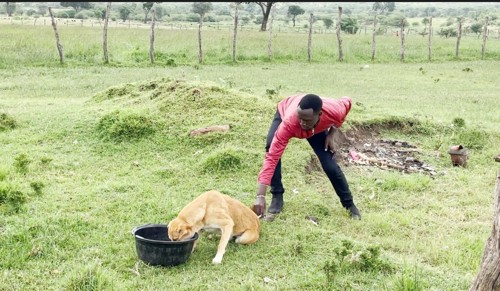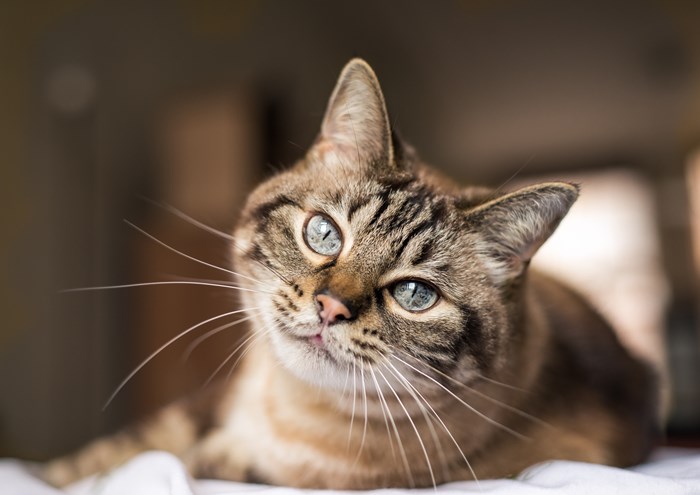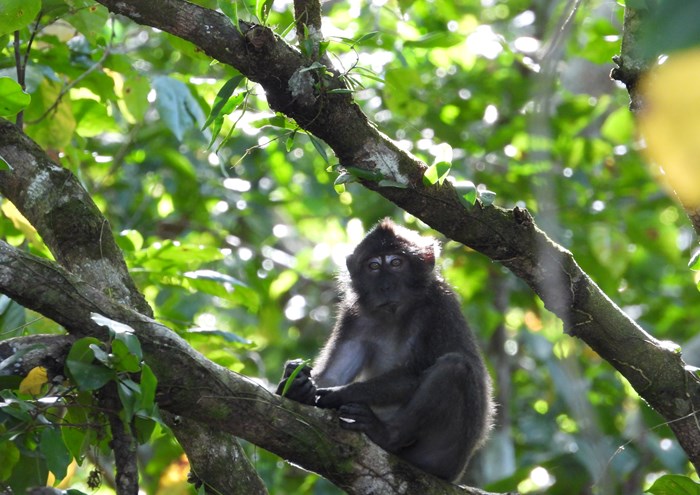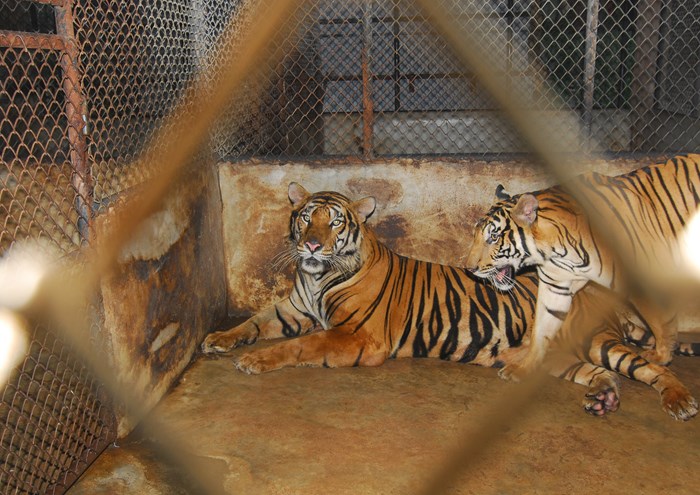
Vaccines for the guard dogs of the Maasai people

This effort primarily benefits the dogs themselves, as the vaccines protect them against the infectious (and often fatal) diseases of rabies, canine parvovirus and distemper. The neutering also benefits the dog population because an out-of-control population leads to food shortages, more dogfights, unwanted pregnancies and stray dogs hunting for food or mating partners. The large number of stray dogs also exacerbates the risk of spreading fatal diseases, both among the dogs themselves but also to wildlife and humans in connection with rabies. This risk emphasises the importance of keeping the dog population well-vaccinated.

Benefits for the Maasai people
The project will also benefit wildlife because the large number of hungry dogs desperately hunt and kill wild game or steal prey from other wild predators in the area. Fewer and well-fed dogs will address this problem. Last but not least, the project will benefit the Maasai people themselves. They need the dogs to guard their cattle at night – not wandering the countryside in search of food or a mating partner – and they need dogs that are strong and healthy.
"When the Maasai people were initially presented with the idea of neutering and vaccinating their dogs, they were very sceptical and thought that their dogs would just be killed. Fortunately, the project’s local veterinary nurse, James Nayetuni, has successfully promoted the project by giving talks at local schools and churches in a way that enabled the Maasai to see the benefits of the project, allowing their dogs to be neutered and vaccinated. You have to proceed carefully and constantly respect the local culture,” said Rikke Langebæk, Veterinarian and Associate Professor at the Department of Veterinary Clinical Sciences, University of Copenhagen, and Head of the Mara North Conservancy Dog Project.

Strong partnership to run the local initiatives
The project is being implemented by veterinarians and veterinary students from three universities: University of Copenhagen (Denmark), University of Nairobi (Kenya) and Tufts University (Boston, USA). They meet twice a year at the Maasai Mara National Reserve to perform neutering surgery and vaccinations and provide supplementary veterinary assistance as required. They also give talks about the project at local schools so the children can go home and explain to their families why it is better to have fewer but healthier dogs, than to have a lot of hungry, weakened dogs which constantly run away.
Every year, 600-800 dogs are born in the Mara North Conservancy, and the grant from the QATO Foundation enables the local veterinary nurse to vaccinate 1,500 puppies.



